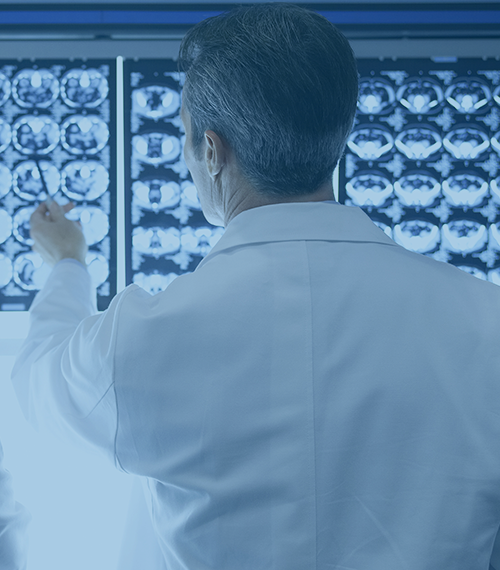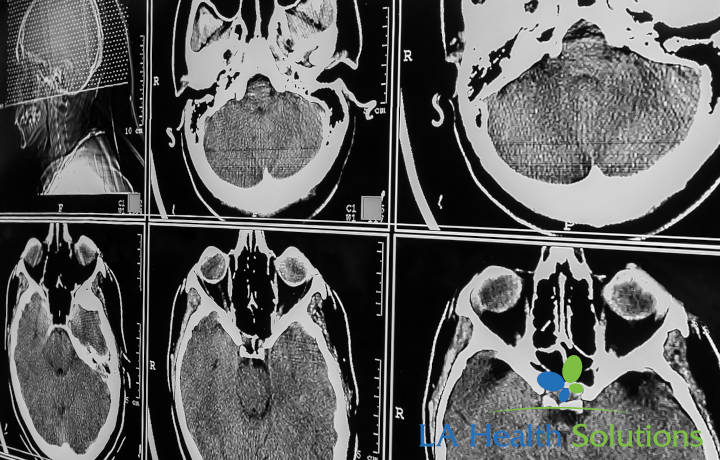What Is A Traumatic Brain Injury?
A traumatic brain injury, or TBI, is an injury that affects how the brain works. It may be caused by a bump, blow, or jolt to the head, or penetrating injury to the head. Mild traumatic brain injury may affect your brain cells temporarily. More-serious traumatic brain injury can result in bruising, torn tissues, bleeding and other physical damage to the brain. These injuries can result in long-term complications or even death.
TBI is a major cause of death and disability in the United States. According to the Centers for Disease Control and Prevention, National Center for Health Statistics: Mortality data on CDC WONDER (Available at: https://wonder.cdc.gov/mcd.html), there were about 61,000 TBI-related deaths in the United States in 2019. That’s about 166 TBI-related deaths every day.
There are three main types of TBI:
- Mild TBI or concussion
- Moderate TBI
- Severe TBI
The terms “mild,” “moderate” and “severe” are used to describe the effect of the injury on brain function. A mild injury to the brain is still a serious injury that requires prompt attention and an accurate diagnosis.

TBI Symptoms
Traumatic brain injury can have wide-range of both physical and psychological effects. Some signs or symptoms may appear immediately after the traumatic event, while others may appear days or even weeks later. Here is a list of some of the most common symptoms for mild and more severe brain injuires:
Mild traumatic brain injury
The signs and symptoms of mild traumatic brain injury may include:
- Physical symptoms
- Headache
- Nausea or vomiting
- Fatigue or drowsiness
- Problems with speech
- Dizziness or loss of balance
Moderate to severe traumatic brain injuries
Moderate to severe traumatic brain injuries can include any of the signs and symptoms of mild injury, as well as these symptoms that may appear within the first hours to days after a head injury:
- Loss of consciousness from several minutes to hours
- Persistent headache or headache that worsens
- Repeated vomiting or nausea
- Convulsions or seizures
- Dilation of one or both pupils of the eyes
- Clear fluids draining from the nose or ears
- Inability to awaken from sleep
- Weakness or numbness in fingers and toes
- Loss of coordination
- Cognitive or mental symptoms
- Profound confusion
- Agitation, combativeness or other unusual behavior
- Slurred speech
- Coma and other disorders of consciousness
What are the treatments for traumatic brain injury (TBI)?
The treatments for TBI depend on many factors, including the size, severity, and location of the brain injury. Treatments can range from rest and over-the-counter pain medication to surgery, medicines and therapy. Whether a person has a mild or a severe TBI, it is important to get treated as soon as possible to avoid further injury.

At LA Health Solutions, we pride ourselves on our multi-disciplinary facility that offers a variety of comprehensive services including interventional pain management, physical therapy and chiropractic work. Many problems that we see in our patients can be treated with the right mix of non-surgical approaches, you do not have to have surgery first to see results. Call us today and schedule an appointment 844-496-LAHS (5247).

